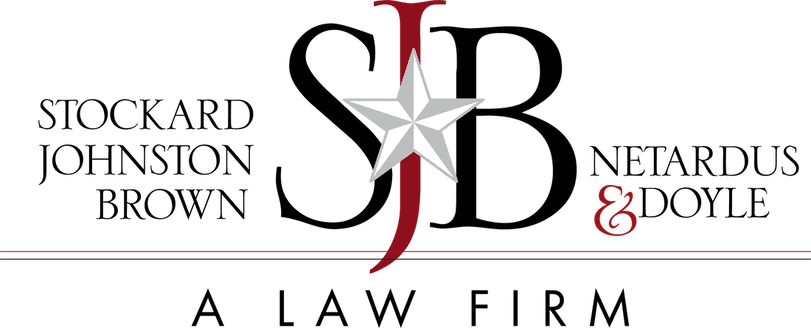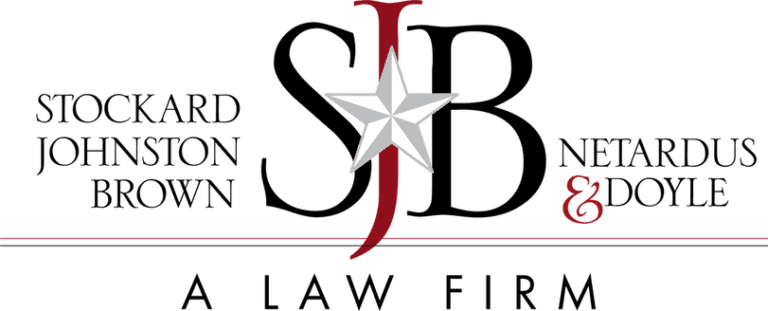In theory, premises liability gives reasonable expectation a legal backbone. On the one hand, when someone enters your property, they do so with the reasonable expectation of not getting injured. On the other, it is your legal responsibility to provide a relatively safe environment where that expectation can be met. Failure to fulfill that responsibility can lead to legal action if someone is injured while on your property. If you have been injured on someone else’s property, please read this blog. It will help you determine whether or not you have a premises liability case.
Who Is To Blame In A Premises Liability Case?
Premises liability applies to property owners and non-owner residents. Meaning; even if you are a tenant occupying a property that is owned by someone else, as the “occupier of the land,” you are just as liable for third party accidents or injuries as your landlord.
The most common grounds for premises liability are slip and falls while on the property, but other cases include:
- Animal bites
- Injuries from amusement park rides
- Slip and falls on public sidewalks
The factors used to determine liability vary by state, but that does not mean they can’t be called into question.
Typically, the law determines fault using one of two measurements:
- The status of the injured visitor
- The condition of the property and the actions of both the property occupant and the visitor
If you can prove that the visitor’s own negligent actions led to their injury, you will not be held liable for what happened on the premises.
For example, if an individual is intoxicated or otherwise acted unsafely while on your property, and slipped and fell as a result, you may not responsible for their injuries. Contrarily, if the slip and fall was caused by a buildup of snow, uneven pavement or flooring, you may then be held responsible for their injuries. Animal bite cases involving dogs in the State of Texas are more complex.
Were You On The Properly Legally?
Visitors to a property fit into one of two legal categories:
- Those legally accessing the property (invitees, social guests, and licensees)
- Those illegally accessing the property (trespassers)
In all but the trespasser’s case, a reasonable expectation of safety applies. You also have a duty to warn trespassers of possible injury unless the conditions that would cause that injury are obvious.
The safety and condition of the property are determined by four factors:
- Why the visitor entered the property
- How the property was used
- If the injury was reasonably foreseeable
- How the owner/tenant acted to prevent the injury
Who Can You Hire For Your Texas Premises Liability Case?
Burden of proof in these cases often rests on demonstrating the intent of the visitor and your ability to show whether or not the conditions of the property were kept reasonable and safe.
Whether you are injured on someone else’s property or countering a premises liability claim, the Amarillo personal injury lawyers at Stockard, Johnston, Brown & Netardus, P.C. can review the merits of your case. They are experienced in these types of cases and fully understand Texas premises liability law. Contact Stockard, Johnston, Brown, Netardus & Doyle, P.C. today.

